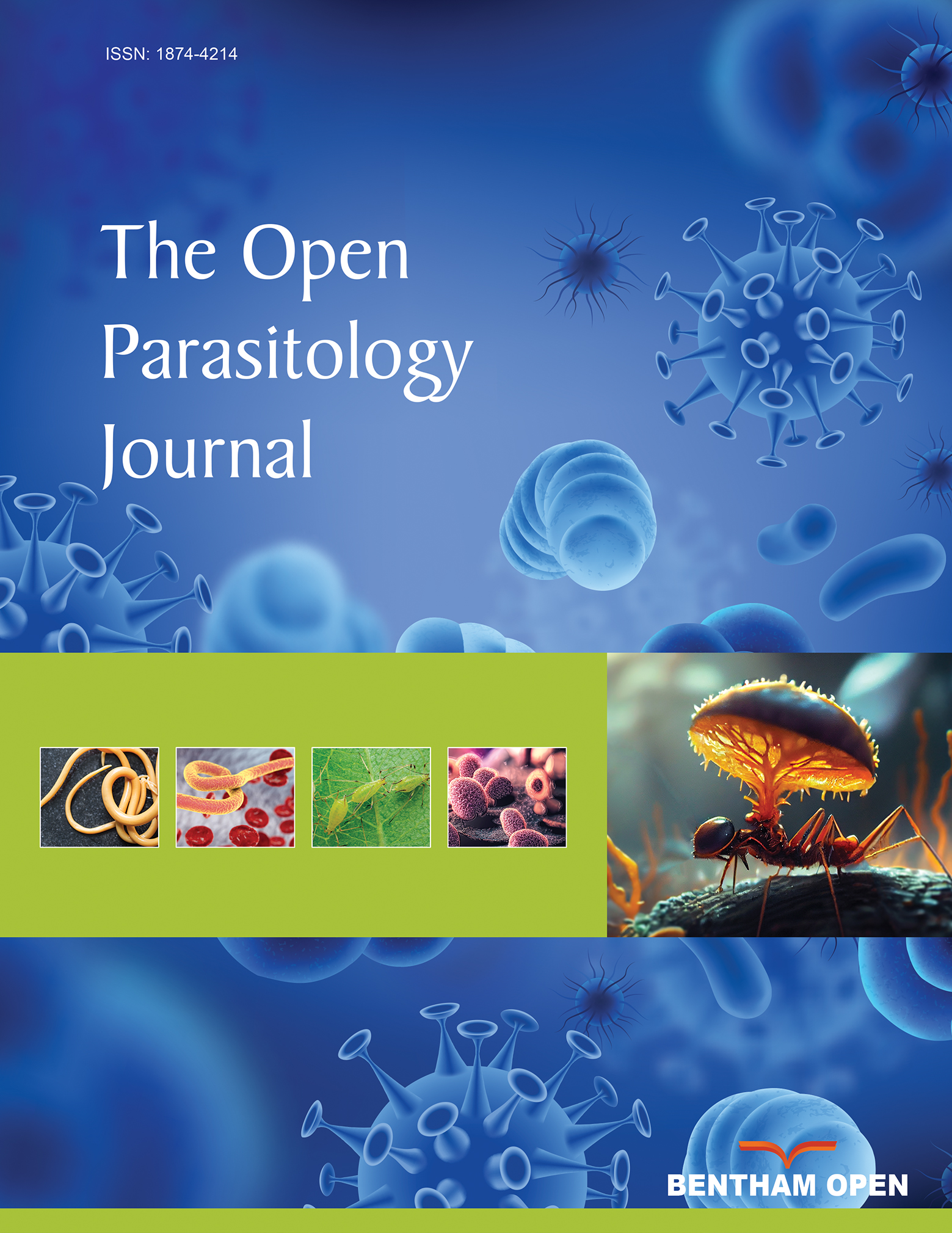Trypanosoma cruzi Peptidases: An Overview
Abstract
Peptidases are a group of enzymes which have a catalytic function that is to hydrolyze peptide bonds of proteins. The enzymes that hydrolyze peptide bonds at the amino- or carboxy- terminus are classified as exopeptidases, and those that cleave peptide bonds inside the polypeptide are endopeptidases. Endopeptidases, such as cysteine-, metalo-, serine- and threonine peptidases as well as some exopeptidases, have been characterized in Trypanosoma cruzi. Understanding the pathogenesis of T. cruzi requires the identification of functional properties of those peptidases, as they are implied in virulence, are important for host-parasite interactions and are critical for successful survival in their hosts. Here we examine the main T. cruzi peptidases, focusing on their biological roles, especially concerning the parasite-mammalian host relations.


